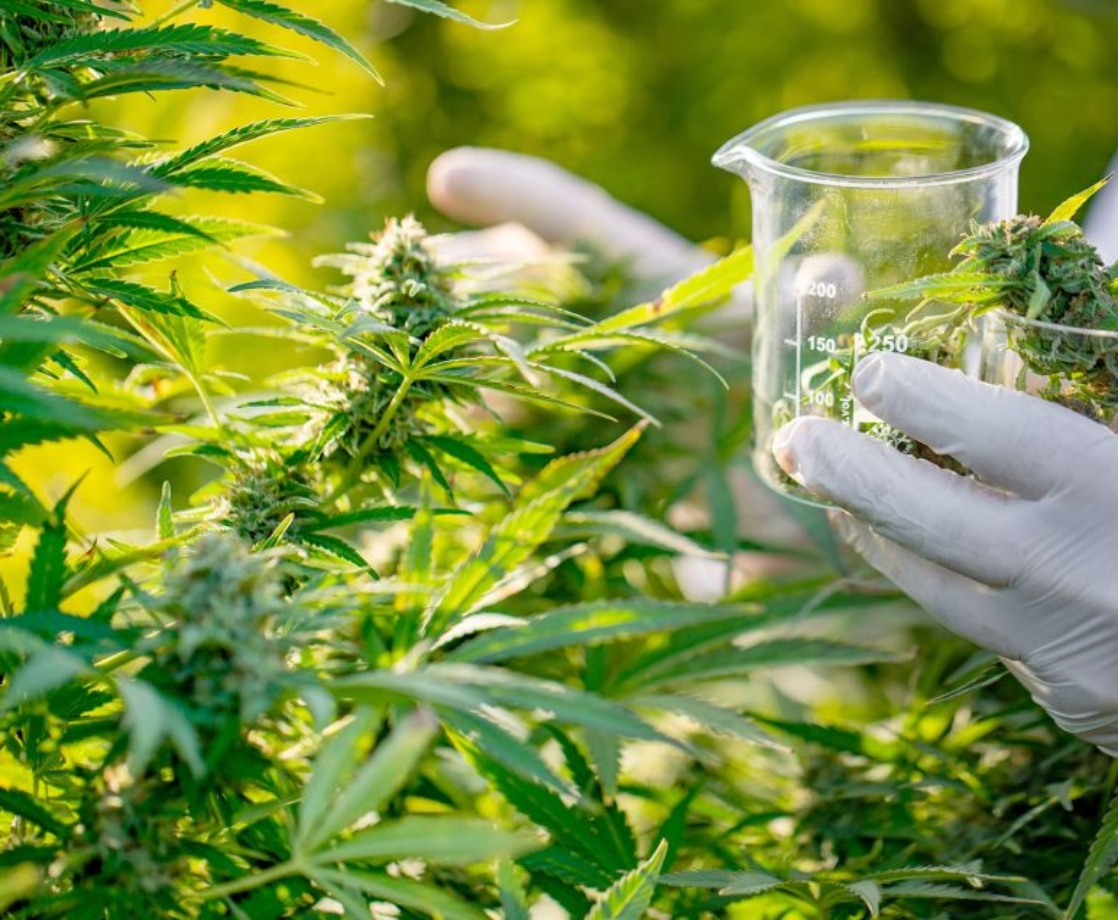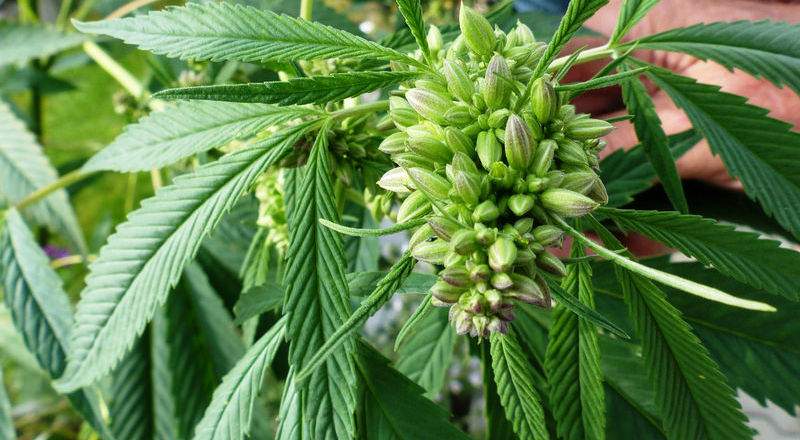Two universities in Israel are teaming up with an analytical lab and a cannabis company to craft medical weed products loaded with terpenes.
Terpenes, the aromatic compounds in weed that give the plant its fanciful flavors and sensuous scents, are the newest molecules of interest at the Hebrew University of Jerusalem and Bar-Ilan University. The two schools have formed a joint research project with CannaSoul Analytics and Eybna Technologies — a company that specializes in terpenes — to create new products that “unlock cannabis’ full medical capabilities,” reported the Jerusalem Post.
Iconic cannabis scientists like Israel’s Dr. Raphael Mechoulam and California’s Dr. Ethan Russo both believe that terpenes work in concert with other cannabis components, like THC and CBD, to help the body heal. This phenomenon, where hundreds if not thousands of different kinds of cannabis molecules act in tandem, is known as the entourage, or ensemble, effect.
“The only way traditional medicine will fully adopt cannabis is if we understand the plant inside and out, and know the specific materials’ effects on the human body,” Nadav Eyal, the cofounder of Eybna Technologies, told the Jerusalem Post. “We understand that even now, many people, including doctors, still see cannabis as a product for use just to get high and not for its medicinal capabilities. Changing this stigma requires new scientific understandings.”
The project first aims to determine what specific health benefits are offered by inhaled or orally ingested terpenes. After the first step, the project will develop new ways to introduce or reintroduce terpenes back into cannabis products, including, but not limited to, extracts, buds, and edibles.
Terpenes — or, more specifically, terpenoids — have become the new focus on legal cannabis next to CBD. Terpenes can confer many of the medicinal and health benefits associated with cannabis, including improvements in mood, reduction of anxiety, anti-inflammation, and analgesia. What terpenoid combinations and which methods of consumption are most efficient for medicinal purposes is still unknown, however. Some research has confirmed that inhaling terpenoid vapors provides some benefits, but smoking combusted terpenoids (terpenoids that become airborne when burned with a flame) has not been thoroughly studied.
Medical marijuana has been legal in Israel, in some capacity, for nearly two decades. In April, the country decriminalized recreational use, possession, and home cultivation, with violations punishable through small fines instead of jail time.
Israel’s Prime Minister, Benjamin Netanyahu, suggested in March that he would consider all-out marijuana legalization. Last year, the Israeli Parliament approved a law that allows the country’s cannabis operations to export cannabis products to other countries that have legalized, but Netanyahu temporarily blocked the export program out of concerns that it would be exploited by black marketeers.
Follow Randy Robinson on Twitter











